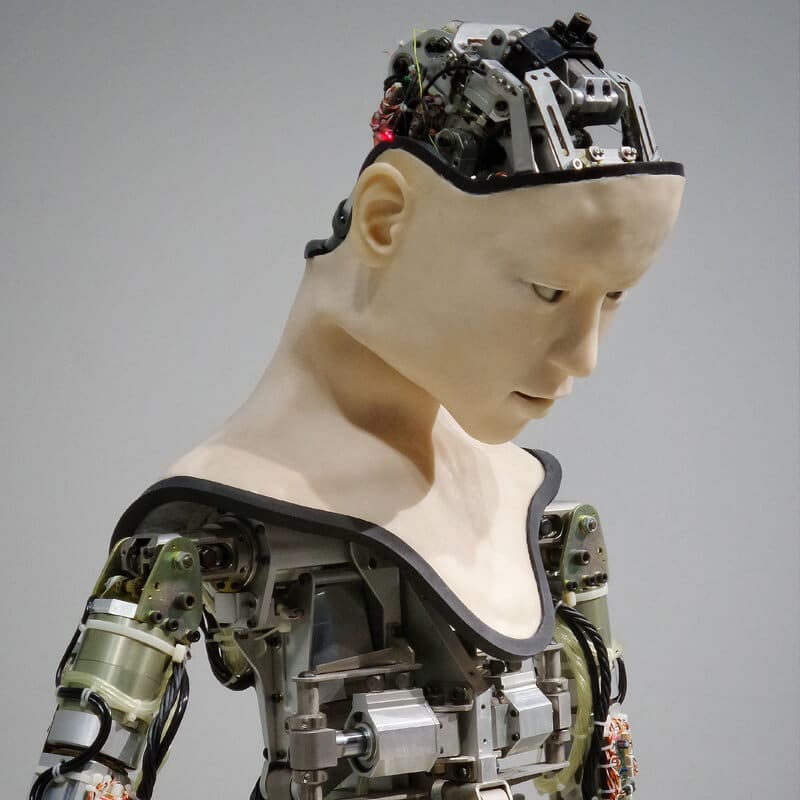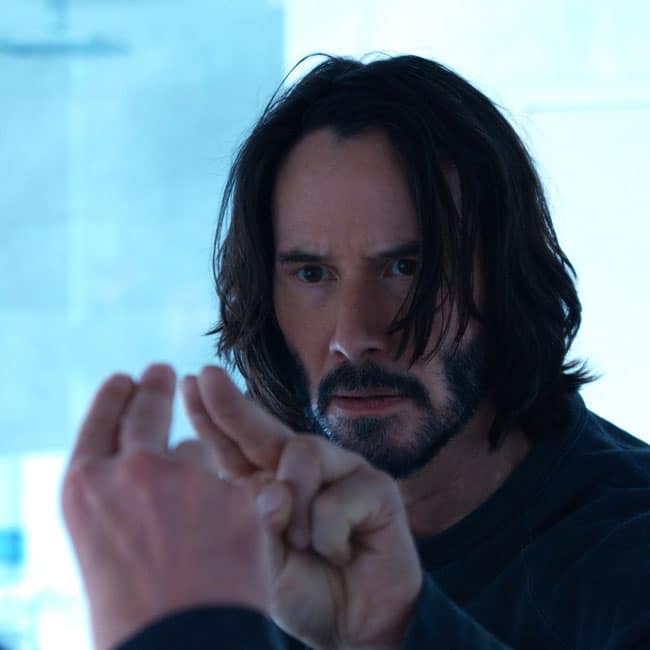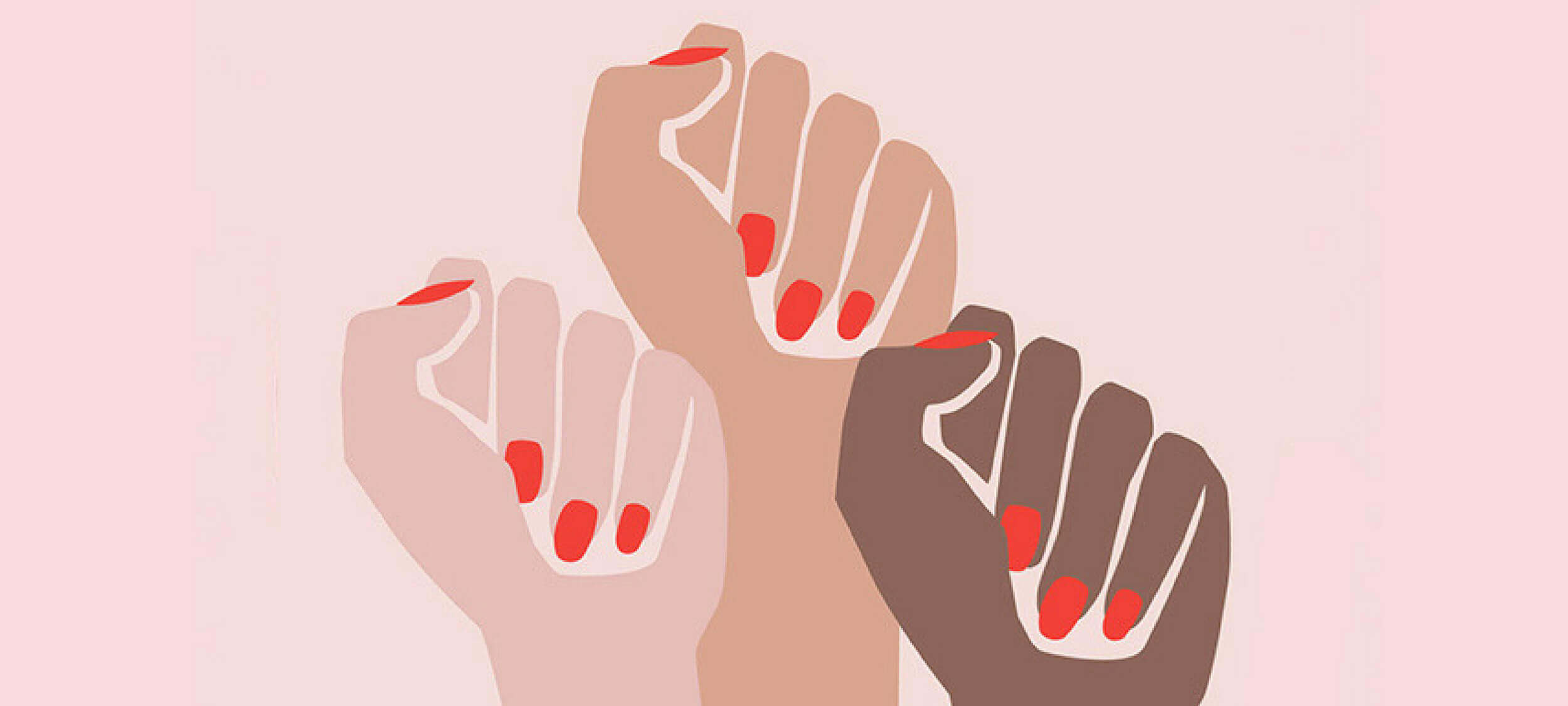It takes a village to raise resilience

It takes a village to raise resilience
Opinion + AnalysisRelationships
BY Matthew Beard The Ethics Centre 28 JUL 2020
Several years ago, I was participating in a workshop around moral injury and war trauma in veterans.
A veteran detailed a horrific experience where through a combination of fatigue, bureaucracy and bad decision-making, he had left a reported IED to be defused by local forces, knowing full well it wouldn’t happen. His team had just come in after a long stint and were due for leave that day. He wanted to protect them from further burnout.
Tragically, a civilian convoy hit the IED, and this soldier suddenly saw his base flooded with injured, dying and dead civilians – harmed by an IED he ordered his team to leave for someone else.
The soldier detailed how his life had subsequently progressed. He was discharged from the army, became homeless, turned to substance abuse and lost just about everything before slowly rebuilding the broken pieces of his life. He was in a stable relationship, had secure work and was working with therapists to process what had happened.
After his presentation, the man left and the academics did what academics do: they debriefed and discussed his situation. The direction of the conversation was largely around what we could do to ensure that what happened to this person didn’t happen to other people. How could we provide a level of mental and moral resilience, such that these things wouldn’t be so damaging to warfighters?
For me, this question completely misunderstood the problem. This wasn’t a story about a lack of individual resilience. It was a conspiracy of systemic errors, tragedy and moral complexity.
Look at the systemic factors at play. First, there were problems with the local military operations that meant this soldier’s team were shouldering too much of the load. Second, deployment times and handovers weren’t designed in a way to ensure that teams were refreshed or replaced in a timely enough fashion to ensure they could do their jobs. Third, a lack of adequate mental health support on re-entry led to the soldier being dishonourably discharged. Fourth, bureaucratic issues in the funding for discharged veterans meant enormous loads of paperwork for a man suffering PTSD and therefore unlikely to be able to get through the tedium of such tasks. This is before we consider the moral and political complexities of the war in Afghanistan, where the soldier was deployed.
It is often said of PTSD that it is an ordinary response to extraordinary circumstances. I would argue that similar can be said for the kind of moral distress this soldier was feeling – his sense of responsibility, guilt and complicity was painful, but in some ways normal – even healthy.
His suffering is a recognition that he was caught up in events that mattered, and that his role in them also mattered. To suggest that what he needed was moral resilience seems to miss the point: his feelings weren’t the primary problem. The failure of his environment to support him during those feelings was.
I found myself thinking back to this conversation last week, when ABC Chair Ita Buttrose’s comments about millennial workers went public. In a Chatham House Rule conversation, Buttrose allegedly said that millennial workers “seem to lack the resilience that I remember from my younger days.”
“They’re very keen on being thanked and they almost need hugging – that’s before COVID of course, we can’t hug any more – but they almost need hugging.”
These comments are consistent with a particularly individualistic view of resilience that has become commonplace in workplace training, some forms of mental health coaching and – yes – in parenting circles. It’s an approach that treats resilience as a virtue – a character trait that marks a person as morally good.
To some extent, resilience is a virtue. A range of traditions, most notably Buddhism and Stoicism – recognise that a great deal of suffering is the product of the way we think about problems. We can be too attached to things that don’t matter and tend to catastrophise when things go wrong.
Overcoming this tendency is important. In an era where we face persistent, large-scale challenges like climate change, we need to be resilient. At times, we aren’t, through nothing more than what Aristotle called akrasia – weakness of will. However, we make a mistake when we see any evidence of a lack of resilience as an individual failing. In blaming the individual, we excuse the system.
For example, millennials working at Buttrose’s ABC have faced round after round of redundancies, intense political scrutiny and a heavily disrupted industry in recent years. As former ABC journalist Sophie McNeill wrote, “Lack resilience? How insulting. Us millennials at the ABC were usually paid less but expected to do so much more than many of our older colleagues, plus many are on insecure contracts for years.”
Lack resilience? How insulting. Us millennials at the ABC were usually paid less but expected to do so much more than many of our older colleagues, plus many are on insecure contracts for years – @ItaButtrose clearly needs to go & meet more of them https://t.co/TFf2SW5xFg
— Sophie McNeill (@Sophiemcneill) July 22, 2020
Resilience is a conditional good. Whether or not resilience is a good thing depends on what we’re being resilient to. If an employee is experiencing workplace harassment, is routinely looked over for promotion because of their race or gender, or has their labour rights undermined, we shouldn’t tell them to be resilient to it. We should encourage them to feel let down, wronged and betrayed – and to use those feelings as a spur to demand better treatment.
Just like the story of the soldier, we can see that young workers today face a complex system of different forces. Asking them to be more resilient or painting their struggles as a lack of resilience – a kind of moral failing – paints over the underlying problems rather than addressing them.
This isn’t to undercut or eliminate the importance of personal virtue and individual resilience. Sometimes, people will get comfortable. They may need to push a bit harder or learn to deal with hardship, and they should be encouraged to do so. Good leadership will help them in that project. In other cases, systems might be so oppressive as to prevent people from speaking out or demanding redress. Here, there is a very different role for resilience – it becomes a crucial survival tool, but one we should feel ashamed is necessary.
Framing resilience as an individual virtue also misses a range of things we can do to support people in difficult situations. Rather than expecting people to tough it out alone, seeing resilience as a systemic problem means understanding that it will need a collective solution.
It requires – as it always has – for people to lean on one another, to build supportive environments and, yes, the occasional hug. Requiring these things doesn’t demonstrate a lack of resilience – they are themselves acts of resilience. They are ways of enduring in situations that are challenging, stressful and difficult.
When we think of resilient communities, cities and workplaces, the people who are struggling aren’t problems that need to be fixed, they’re the canaries in the coal mine. When people aren’t flourishing, it’s not a sign they’re weak or broken. It’s usually a sign the environment they’re in is generating feelings of stress and burnout rather than helping them to cope.
Solving that problem doesn’t look like a pointed finger, it looks like a helping hand.
You can contact The Ethics Centre about any of the issues discussed in this article. We offer free counselling for individuals via Ethi-call; professional fee-for-service consulting, leadership and development services; and as a non-profit charity we rely heavily on donations to continue our work, which can be made via our website. Thank you.
Ethics in your inbox.
Get the latest inspiration, intelligence, events & more.
By signing up you agree to our privacy policy
You might be interested in…
Explainer
Relationships
Ethics Explainer: Truth & Honesty
Explainer
Business + Leadership, Politics + Human Rights, Relationships
Ethics Explainer: Power
Opinion + Analysis
Relationships, Society + Culture
Meet Joseph, our new Fellow exploring society through pop culture
Opinion + Analysis
Relationships
What we owe to our pets
BY Matthew Beard
Matt is a moral philosopher with a background in applied and military ethics. In 2016, Matt won the Australasian Association of Philosophy prize for media engagement. Formerly a fellow at The Ethics Centre, Matt is currently host on ABC’s Short & Curly podcast and the Vincent Fairfax Fellowship Program Director.
BY The Ethics Centre
The Ethics Centre is a not-for-profit organisation developing innovative programs, services and experiences, designed to bring ethics to the centre of professional and personal life.
Ethics Explainer: Ethical judgement and moral intuition

Ethics Explainer: Ethical judgement and moral intuition
ExplainerRelationships
BY Matthew Beard The Ethics Centre 28 JUL 2020
Have you ever seen a situation that seems flatly wrong, but when asked to explain why you find yourself struggling for words? Perhaps you’ve got a strong sense that something is wrong – an immediate, powerful instinct about what should or shouldn’t happen. In ethics, we refer to these as moral intuitions.
Moral intuitions go by a number of different names. Some of us talk about ‘gut instinct’ or whether something passes the ‘sniff test’. Both terms suggest that there is some strong, basic belief about right and wrong that we can use to ground our judgements.
The problem is, despite the speed and strength of these intuitions, they are only as valuable as their source. Our intuitions can come from a range of sources: personal and family history, unconscious biases, custom, culture or a strong, stable and well-founded sense of what’s right.
Opinions differ on what we should do with our moral intuitions. Should we follow them, trusting them as a different kind of knowledge that draws on subconscious, non-rational and emotional cues? Should we ignore them, seeing them as irrational, unjustifiable claims about what’s right or wrong? Or should we treat them as one piece of evidence among many when we’re making a decision?
Resolving these questions requires us to work out what kind of intuitions we’re having. Some of our judgements about ethics can be based in a sense of disgust or ideas about what’s taboo (for instance, thinking about lab-grown meat), they can be the product of psychological biases like availability bias or halo effect, or social prejudices like racism, sexism, ableism or class-based moralities.
However, other intuitions may be based in our emotional response to a situation. Many of our emotions can reflect and inform our rational judgements. If something makes us angry, that’s information worthy of considering. If something makes us proud, that’s data we can use to help shape an opinion. Standing alone, ‘this made me feel sick’ isn’t sufficient information to form a moral judgement. But, the fact that learning about or witnessing something made you feel physically ill also isn’t something you should ignore lightly.
From the Nazis to ISIS, history is littered with groups who have encouraged their members to dismiss the evidence of their minds and bodies – such as feeling of disgust or shame at committing acts of murder – in order to serve some ‘higher’ goal. Dismissing the morally informative role of emotions can be used as a tool to pave the way to atrocity.
Whilst emotions alone should not be taken as sufficient for forming judgement, some believe there are kinds of intuitions that can, in and of themselves, reveal something ethically important to us.
For instance, we might have an intuition that all people are to be treated fairly, that it is wrong to intentionally harm an innocent person for no reason or that all people are to be treated with dignity. These are beliefs that moral intuitionists claim to be self-evident. These ideas don’t need to be justified or proven true, they just are. A moral intuitionist would argue that any person who disputes them is simply wrong.
Of course, not everyone accepts that there are self-evident principles on which to build an ethical system. These people, who are often associated with a philosophical school of thought known as rationalism, prioritise analytic reason, and hold that intuitions should be ignored. The only basis on which we should make ethical judgements is a rationally constructed argument. If, for instance, we think all people should be treated equally, we should make an argument to that effect. If we can’t, we don’t have good reasons to hold that belief.
What intuitionists and rationalists agree on is that making an ethical judgement is distinct from having a moral intuition. Our strong, immediate judgements about a situation are rarely – if ever – enough for us to make a decent appraisal of a situation.
However, the rationalist goal of eliminating emotion and intuition from the realm of ethical judgement is also false. Critical feminist and race scholars have highlighted the way that rationalists tend to paint a male, Western approach to thinking as a ‘universal’ rationality. In doing so, they tend to understate and invalidate other knowledge traditions and sources of moral judgement, including emotion.
For example, psychologist Laurence Kohlberg used a rationalist model of ethical decision-making to develop a stage theory of moral development. He thought rational, theoretical decision-making was more mature than decisions based on emotion, care and relationships. As a result, he concluded that boys tended to be more morally mature than their same-age female peers.
It took his student, feminist scholar Carol Gilligan, to point out that not only was Kohlberg’s assumption about rationality unjustified (it ignored, for example, the work of scholars like David Hume), it painted the difference between male and female moral reasoning as a deficiency in women rather than as a simple difference.
Perhaps we should take guidance from both rationalists and intuitionists. From the rationalist we can learn the understanding that our first judgement of a situation should not be our last. However, intuitionists remind us not to dismiss our initial judgements out of hand, but to interrogate and understand them. That way, next time, our intuitions will be a little closer to the mark.
You can contact The Ethics Centre about any of the issues discussed in this article. We offer free counselling for individuals via Ethi-call; professional fee-for-service consulting, leadership and development services; and as a non-profit charity we rely heavily on donations to continue our work, which can be made via our website. Thank you.
Ethics in your inbox.
Get the latest inspiration, intelligence, events & more.
By signing up you agree to our privacy policy
You might be interested in…
Explainer
Relationships, Science + Technology
Ethics Explainer: Post-Humanism
Opinion + Analysis
Relationships, Society + Culture
Nothing But A Brain: The Philosophy Of The Matrix: Resurrections
Opinion + Analysis
Politics + Human Rights, Relationships, Society + Culture
Stop giving air to bullies for clicks
Opinion + Analysis
Politics + Human Rights, Relationships










